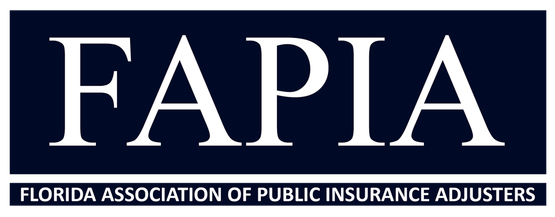Bad faith defined:
An insurance company has many duties to its policyholders. The kinds of applicable duties vary depending upon whether the claim is considered to be "first party" or "third party." A common first party context is when an insurance company writes insurance on property that becomes damaged, such as a house or an automobile. In that case, the company is required to investigate the damage, determine whether the damage is covered, and pay the proper value for the damaged property. Bad faith in first party contexts often involves the insurance carrier's improper investigation and valuation of the damaged property (or its refusal to even acknowledge the claim at all). Examples of bad faith include undue delay in handling claims, inadequate investigation, refusal to defend a lawsuit, threats against an insured, refusing to make a reasonable settlement offer, or making unreasonable interpretations of an insurance policy. The policyholder must be damaged, for example, if an insurance company refuses to make a reasonable settlement offer which the policyholder wants, and the policyholder is later subject to a judgment in excess of the policy limits, that is damage.
Sources;
http://www.absoluteastronomy.com/topics/Insurance_bad_faith
http://en.wikipedia.org/wiki/Insurance_bad_faith






